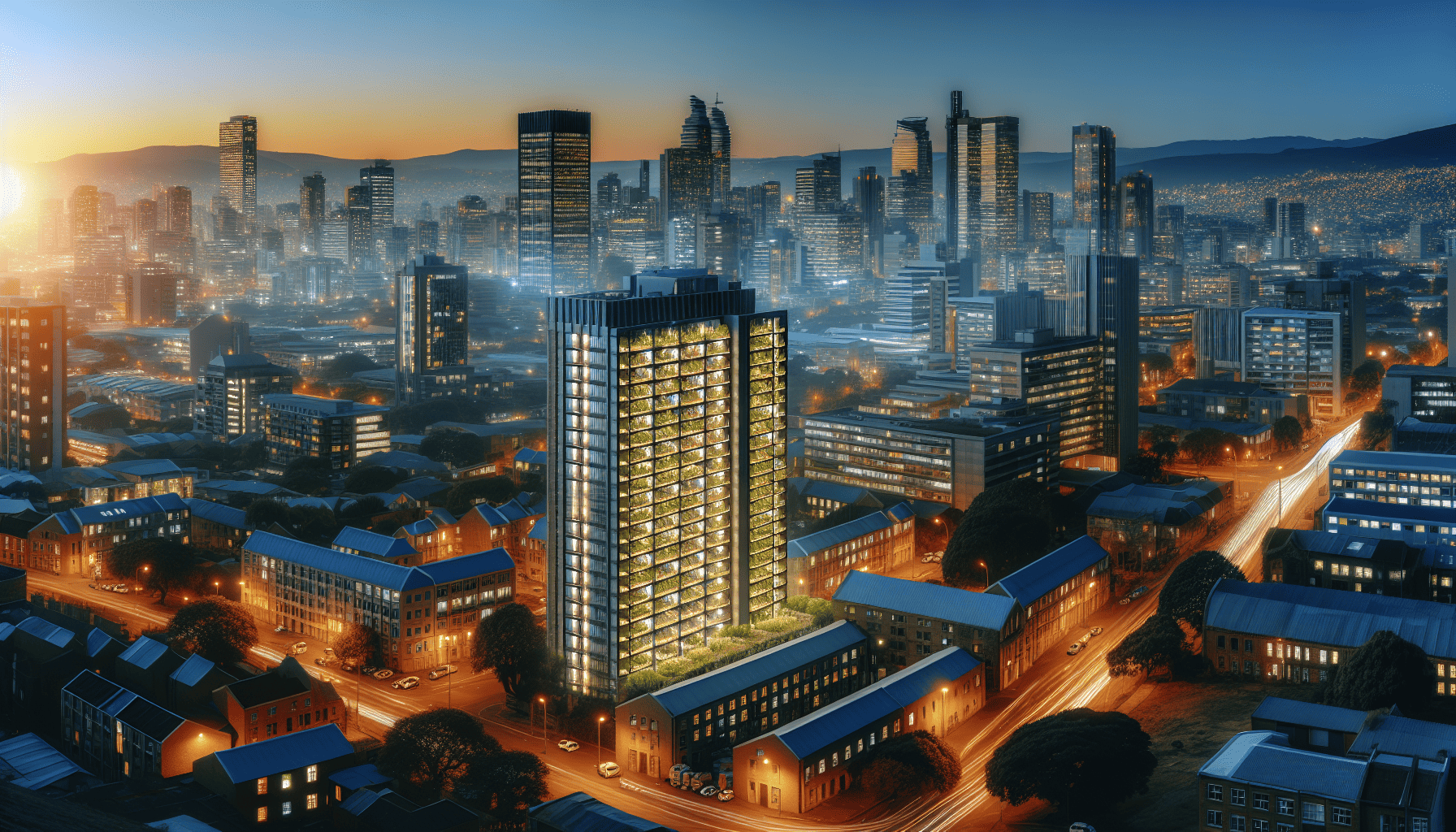Urbanization in South Africa is advancing at a rapid pace, presenting both challenges and opportunities in terms of energy efficiency and sustainability. As cities expand, the demand for energy intensifies, necessitating innovative solutions to improve energy efficiency and reduce carbon footprints. Here, we explore some of the most promising strategies being implemented in urban areas across South Africa.
1. Smart Grids and Advanced Metering Infrastructure
The integration of smart grid technology is transforming the energy landscape in urban areas. Smart grids utilize advanced metering infrastructure (AMI) to allow for real-time monitoring and management of energy consumption. This technology enables both utilities and consumers to optimize energy use, reduce wastage, and identify opportunities for efficiency improvements. In South Africa, cities like Johannesburg and Cape Town are at the forefront of adopting smart grid solutions, promoting a more sustainable energy system.
2. Renewable Energy Integration
Incorporating renewable energy sources, such as solar and wind, into urban energy grids is crucial for reducing reliance on fossil fuels. South Africa, blessed with abundant sunshine, has seen a significant increase in solar panel installations on residential and commercial buildings. Initiatives like SolarCity in Johannesburg provide incentives for homeowners and businesses to invest in photovoltaic systems, contributing to a greener urban environment.
3. Energy-Efficient Building Designs
The construction and real estate sectors play a pivotal role in enhancing urban energy efficiency. Implementing green building standards, such as the Green Building Council South Africa’s (GBCSA) Green Star rating, ensures that new developments prioritize sustainable design and energy efficiency. Energy-efficient building materials, improved insulation, and environmentally friendly HVAC (heating, ventilation, and air conditioning) systems are just a few examples of how urban structures can be optimized for lower energy consumption.
4. Public Transportation and Electrification
Transportation is a significant contributor to urban energy use and carbon emissions. To tackle this, South African cities are investing in public transportation systems and the electrification of buses and trains. Projects like MyCiTi in Cape Town are improving public transit accessibility, reducing reliance on personal vehicles, and lowering overall emissions. Furthermore, the introduction of electric vehicle (EV) charging infrastructure encourages the adoption of EVs, contributing to cleaner urban mobility.
5. Energy Storage Solutions
Energy storage technology is key to balancing supply and demand, especially with the integration of intermittent renewable energy sources. Urban areas are increasingly adopting battery storage systems to store excess energy generated during peak solar or wind production times. These systems not only enhance grid stability but also ensure a reliable energy supply during peak demand periods or outages.
6. Urban Planning and Policy
Effective urban planning and policy development are essential for fostering energy efficiency. Local governments in South Africa are increasingly implementing policies that prioritize sustainable urban development. Zoning laws that promote high-density, mixed-use developments reduce energy consumption by minimizing the need for long commutes and facilitating resource sharing. Additionally, incentives for energy-efficient practices encourage businesses and residents to adopt more sustainable technologies and behaviors.
7. Community Involvement and Education
Engaging local communities in energy efficiency initiatives is vital for their success. Education campaigns aimed at raising awareness about the benefits of energy conservation and the availability of new technologies can drive behavior change. Community programs that provide resources and support for energy-efficient home upgrades empower residents to take action, collectively contributing to a more sustainable urban environment.
In conclusion, the drive towards energy efficiency in urban South Africa is gaining momentum, propelled by innovative technologies and strategic planning. By embracing these solutions, urban areas can achieve significant reductions in energy consumption and carbon emissions, paving the way for a more sustainable and resilient future. As South Africa continues to grow and urbanize, the commitment to energy efficiency will play a critical role in ensuring environmental sustainability and improving the quality of life for all city dwellers.
